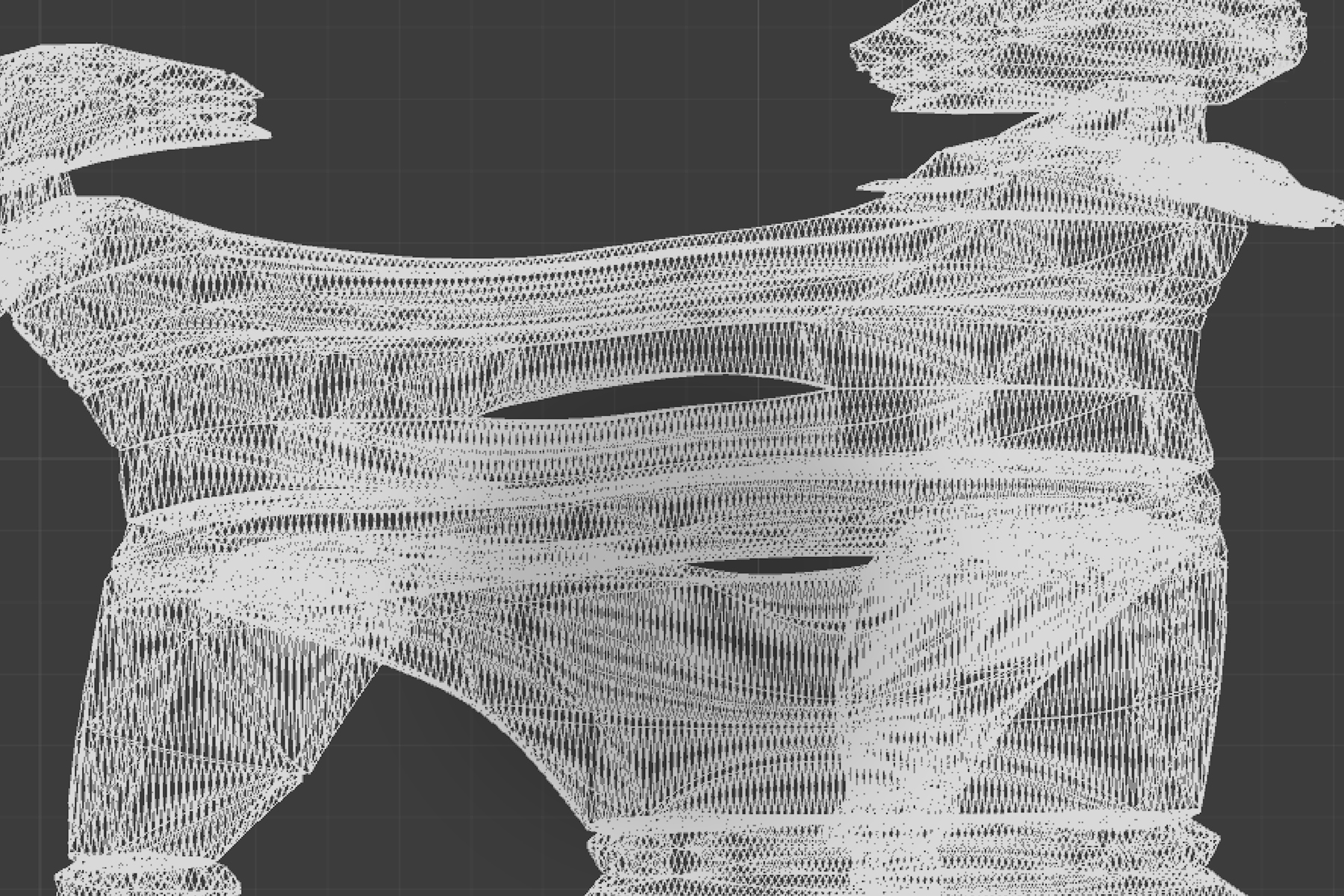
Teachers’ Academy, ELIA (European League of Institutes of the Arts), Utretcht and Amsterdam, 24-26th June 2013.
Jonathan will be presenting at the Teachers’ Academy over in the Netherlands next week. This session will be a continuation of his collaboration with John Casey, Open Education Project Manager at University of the Arts London.
Reimagining the Art College in the 21st century
John Casey, Shaun Hides & Jonathan Shaw
This paper advances the case for alternative models of Art education in the 21st century. To achieve this, we propose using open educational practices, as a form of social entrepreneurship, supported by digital technologies.
The full paper is available here.
The extended abstract…
This paper advances the case for alternative models of Art education in the 21st century. To achieve this, we propose using open educational practices, as a form of social entrepreneurship, supported by digital technologies. Based on our own recent experiences we analyse the nature of the problems we face and describe emerging solutions. The Challenge Art Colleges (and higher education generally) in the UK are facing a set of external challenges that are increasingly common across Europe: • Increasing austerity resulting in funding cuts, staff redundancies, course closures and a changing student market. • Changing demographic trends with an aging population and a more culturally and academically diverse potential student population. This situation is compounded by set of internal factors that act as ‘force multipliers’ for the impact of the external challenges: • Conservative pedagogical cultures – making alternative teaching models difficult to conceptualise and implement • Managerialism, with financial data as the basis for decision making and planning– producing systemic incoherence, and a rapidly narrowing subject range • Inflexible administrative, employment and budgetary systems – making any change difficult. • Narrow social base – the least socially diverse part of UK higher education • Policy discourse of the ‘knowledge economy’ – mystifies and justifies the present mode of educational production and consumption. Emerging Solutions Developments at Coventry, London and elsewhere open up exciting new possibilities for art education other than contraction and decline, by proposing different levels and modes of participation with different types of assessment and accreditation. In this educational model participation is ‘flipped’ and defined by the academy going to where the students live, both online and in a return to traditional forms of outreach, including dispersed physical locations – the academy as a community not a place. The means to achieve this is within our reach: • Treat this as a classic product (re)design problem with a set of constraints that make it a ‘wicked design’ challenge – promotes a systematic and holistic approach, essential for developing viable solutions • Create a ‘living laboratory’ (physical and virtual) to gather data, explore and test different solutions, including accreditation and the effective evidencing of learning – ideally as a collaborative enterprise between organisations • Use the outputs to redesign existing art colleges and/or create new ones – bootstrapping our way out of the present impasse Change may be enabled by technology but the nature of that change will be social, cultural, educational and political, both inside and outside the academy.
